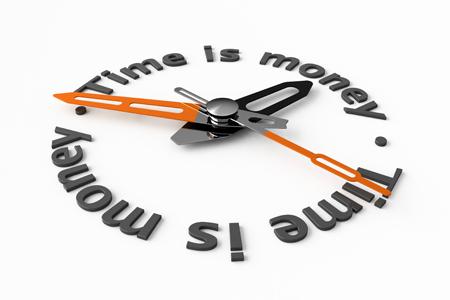Are Longer Hours Pointless?
Published: Apr 20, 2015

Several of the industries that we cover here at Vault are plagued by cultures where 70+ hours per week are common. Folks in law, finance, and consulting regularly report difficulties with trying to balance their working hours and, well, anything else in their life that doesn't involve work.
(I'm leaving out accountants for now—while they undoubtedly work long hours during peak periods, I'm assuming they're all still catching some post-tax day shuteye.)
What if all that effort—all those hours, those Saturdays spent working, those late nights, those missed dinners and bedtimes and episodes of favorite TV shows—what if all of that turned out to be completely counterproductive? A waste of your time—not to mention your client's money?
That's the conclusion that a recent post on Quartz is suggesting—based on research that has been circulating since at least last summer.
Citing a couple of carefully chosen anecdotes and data points, TalentSmart co-founder Travis Bradberry lays out a case against the culture of long hours. The crux of his case, before he gets to some recommendations about how to balance your work-life equation, hinges on a recent study with the following revelation:
"Productivity per hour declines sharply when the workweek exceed 50 hours, and productivity drops off so much after 55 hours that there's no point in working any more."
However, one point that Bradberry elides from his analysis is that the workers in the study were engaged in munitions manufacturing, with output (products) that were relatively easy to assess in terms of volume and quality.
As pointed out in the paper itself, in such a setting "employees at work for a long time may experience fatigue or stress that not only reduces his or her productivity but also increases the probability of errors, accidents, and sickness that impose costs on the employer."
Further, the issue of whether a lawyer or investment banker (or any other category of worker) would be prone to the same levels of error and fatigue in their jobs is explicitly commented on in the paper: "The point at which fatigue sets in and the nature of the link between working hours and work effort or fatigue is likely to vary across types of work and across workers."
The bottom line: there probably is a point in most industries—and for most people—where productivity starts to drop off to the point where a client or employer is paying more in wages for each additional hour than the value of the product or service being created. But to suggest that there's "no point" in working beyond a set number of hours because of one finding from a single study of tiny, highly specialized sliver of the working population is disingenuous at best.
There's a strong case to be made for a better approach to work-life balance for US workers, who work slightly longer hours than the average resident of other OECD countries. However, spare a thought for workers in Mexico—according to OECD figures, they work around 25% more hours per year than the average American, while folks in Greece and Chile spend around 20% longer at work.
What's your take on the working hours question? Do you hit a point where there's no point in being at work anymore, or do you suffer from not having enough hours in the day? Let us know in the comments below.
Read more:
